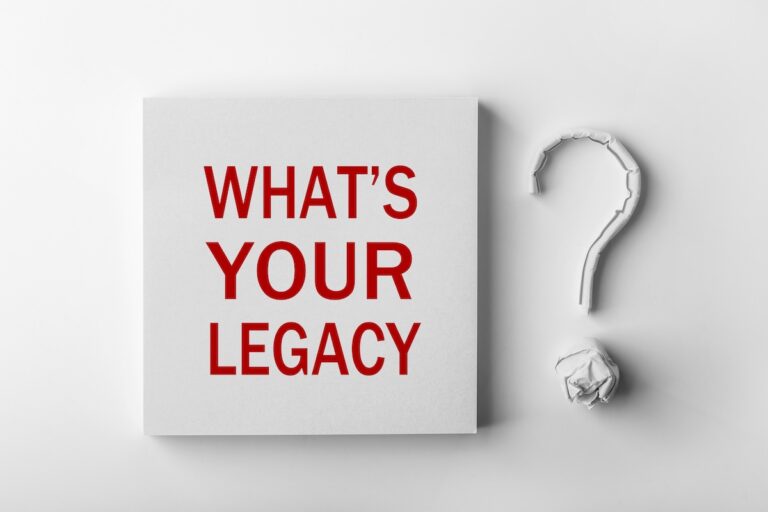What’s the least you need to do? I ask because this week I have been delivering 360-degree feedback for a client. One of the key phrases I heard most often was “I don’t have time. I have too much to do.” The issue displayed itself in various ways. For some it led to others thinking that they don’t deliver results or drive execution. For others it led to views that they don’t collaborate or communicate enough. But the underlying issue was that same statement “I don’t have time. I have too much to do.” And it’s an issue I see with several clients.
Where’s your to-do list?
In my experience, talented individuals carry around with them a long list of all the things they want to do to do the best job they possibly can. The list may be written down or it may be in their head, but it’s in their conscience somewhere. One of my clients today said he’d written a “To Do” list on the train this morning and it had 26 items on it. His friend looked over his shoulder and said “You’ll never do all that today.” And he was right.
But that’s what a lot of us do nonetheless. And then we beat ourselves up because the list never gets finished. The result is we’re constantly disappointed with ourselves and exhausted by the effort.
What’s the least you need to do?
I recommend you turn it on its head. Stop thinking about all the things you want to do, to do the best job you possibly can. Instead ask yourself “What’s the least I need to do, to do a good enough job?”
And when you’ve done the least you need to do, recognise it as an achievement. If you have any spare time (What’s that? I hear you cry!) then anything more you do is icing on the cake. But the law of diminishing returns states that the improvement gained won’t be proportional to the effort you put in.
Sometimes, just sometimes, less is more.



